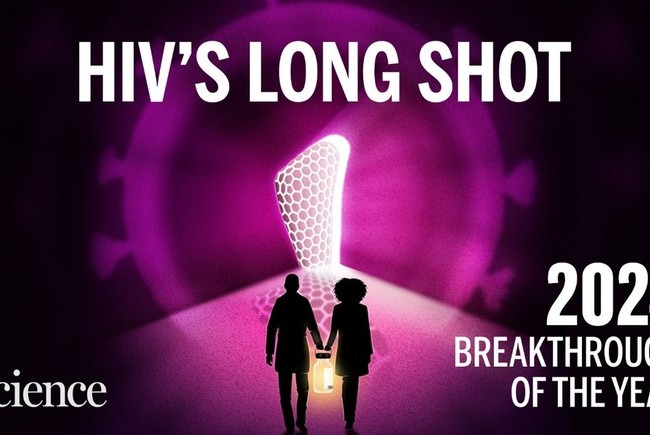Luyanda Hlongwa - My journey to immunology
04 September 2023 | Luyanda Hlongwa
Valuing our Stories - As a Faculty, we have embarked on a journey to value the stories of our community. Our shared story is a mosaic of multiple journeys – punctuated by stories of success and failure, of courage and fearfulness, of change and challenge, of pain and prejudice, of growth and revival, of sadness and renewal. It is a story of promise and possibility, crystallised by the First Nations people who first inhabited this sacred land on which the Faculty is built, and named it |gamirodi !khaes or ‘Place of the stars’. A place where the stars continue to illuminate our work and our community.
My name is Luyanda Hlongwa, and I was born and raised in Pietermaritzburg, in a small village called KwaQanda. My journey in the field of immunology began during my undergraduate years at the University of KwaZulu-Natal, where I pursued a degree in Medical Science, specialising in Physiology. Throughout my studies, I delved into the intricacies of the human body, exploring various aspects of human physiology, diseases, pathology, and treatment. However, it was during my second year when I had the privilege of attending detailed immunology lectures delivered by Dr Michelle Gordon that I truly discovered my passion.
Immunology fascinated me, and I couldn't help but delve deeper into this captivating field. As I researched potential career paths in immunology, I realised that my current university did not offer an honours degree specifically dedicated to this area of study. Determined to pursue my newfound passion, I embarked on a search for suitable alternatives. It was during this quest that I came across the Honours in Infectious Disease and Immunology programme at the University of Cape Town. Fortunately, I was accepted into the programme and received a bursary to support my studies.
Within the Faculty of Health Sciences, under the Department of Pathology, I not only broadened my knowledge but also engaged in a research project as part of the honours programme. Driven by my interest in immunodiagnostics, I chose to work on a project offered by Professor Elizabeth Mayne. Our task was to validate a Luminex Multiplex Assay for quantifying serotype-specific pneumococcal IgG antibodies. During this time, I also wrote a review article titled "Value of Diagnostic Vaccination in the Diagnosis of Humoral Inborn Errors of Immunity." After revisions, the article was accepted for publication in Human Immunology (DOI: https://doi.org/10.1016/j.humimm.2023.04.004).
Although my honors project presented unexpected challenges, I found the support and guidance of my supervisor to be reassuring. It made me reflect on my decision to pursue further studies and contemplate whether I should continue with a Masters degree. Ultimately, I chose to persevere, and I was accepted into the Master of Science in Medicine programme, specialising in Clinical Sciences and Immunology. I was honored to receive the prestigious Mastercard Foundation Scholars Bursary to support my studies.
Currently, my research focuses on the diagnosis of Inborn Errors of Immunity, also known as Primary Immunodeficiencies. In South Africa, while much research is dedicated to the immunology of infectious diseases, these important immunodeficiencies have been unintentionally overlooked. Being part of this groundbreaking work fills me with immense pride, as we strive to improve healthcare and make a lasting impact on patient care, even from a distance.
Many people shy away from pursuing research degrees due to the commitment, time requirements, and the pressure to secure jobs and improve their family situations. However, I am proud to be part of a community dedicated to advancing healthcare and making a difference, no matter the challenges that lie ahead.
 This work is licensed under a Creative Commons Attribution-NoDerivatives 4.0 International License.
This work is licensed under a Creative Commons Attribution-NoDerivatives 4.0 International License.
Please view the republishing articles page for more information.
Faculty of Health Sciences News
.png)
In the wake of World AIDS Day on 1 December and at the conclusion of the 16 Days of Activism against women and child abuse we shine a light on the relationship between the HIV pandemic and gender.
11 Dec 2024 - 7 min read























